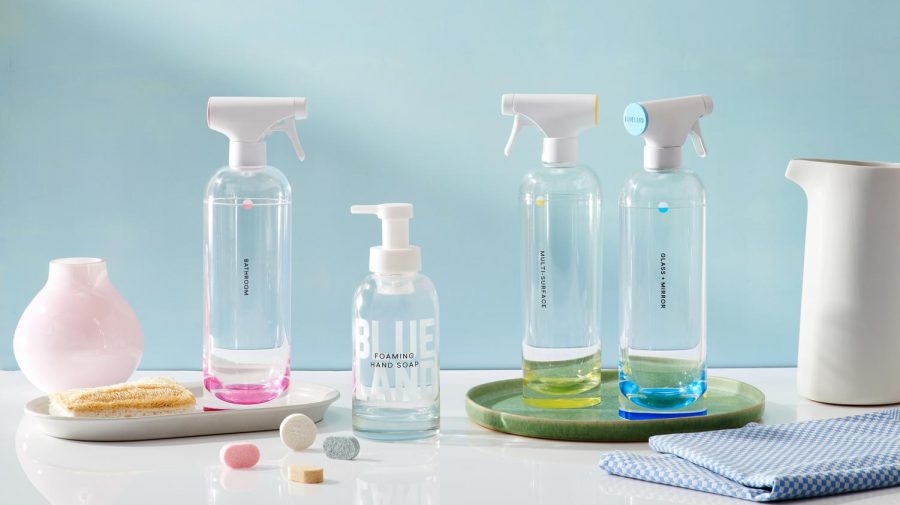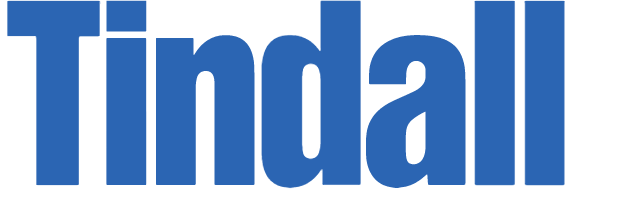Just-Add-Water Products
Eco-friendly dehydrated products could be a solution to reducing plastic use
Just-add-water products like the ones produced by the company Blueland are a more environmentally-friendly alternative to typical cleaning products, which come in plastic containers.
March 24, 2021
According to the Recycling Coalition of Utah, enough plastic is thrown away each year to circle the Earth four times. Plastic can take up to 1,000 years to deteriorate, which brings significant harm to the Earth’s ecosystems.
Plastic bottles and packaging used for cleaning products are responsible for a significant amount of plastic waste. According to the Ellen MacArthur Foundation, over 90% of a typical bottle of cleaning product is water. New companies are offering eco-friendly alternatives to traditional cleaning products by eliminating the volume occupied by water.
Blueland is one company that offers household cleaning products that come in tablet form. They make hand soap, dish soap, dishwasher tablets, laundry tablets and various cleaning sprays. The company sends reusable glass bottles with the tablets, which they believe could eliminate over 100 billion single-use plastic bottles in the United States alone. Blueland’s products are also more cost-effective – after purchasing the packaging once, customers only have to pay for refills. The cleaning products are also cruelty free and do not contain the harmful ingredients that most traditional cleaning products do, such as parabens, VOCs, ammonia, phthalates and chlorine bleach.
Omar Alchab (10) believes just-add-water products could be more environmentally sustainable than typical products that come in.
“I think they (just add water products) are cool,” Alchab said. “They could be beneficial to the environment because they produce less waste by just adding water.”
Bite is another company that aims to reduce plastic waste by selling dehydrated products. According to their website, over one billion plastic toothpaste tubes carrying harmful chemical residues are discarded every year. Bite offers different flavors of toothpaste and mouthwash tablets that come in glass jars. To use the toothpaste tablets, one bites down on the tablet and brushes with a wet toothbrush, and the tablet turns into the foamy consistency of traditional toothpaste. The same is done with the mouthwash tablets, which dissolve into a liquid consistency with the addition of water. The company also offers bamboo toothbrushes, which are a more sustainable alternative to plastic toothbrushes.
McCall Hope (11) has used products from a company called Lush, which makes oral hygiene products that are similar to Bite’s products.
“I’ve used the Lush toothpaste pods,” Hope said. “I think they can be beneficial to reducing waste if the packaging is either reusable or made out of recyclable material, but if it’s plastic I don’t think it makes a difference.”
In Vox’s 2019 article Could just-add-water products save us?, Alden Wicker discussed the positive impacts of dehydrated products.
“Drying out these cleaning and personal care products does several environmentally friendly things: it reduces their volume, thus reducing the number of boats and trucks needed to transport them. It reduces their weight, thus further reducing fuel and carbon emissions associated with shipping them. And it reduces the plastic packaging by requiring a smaller container to hold the refillable concentrate, or by precluding the need for any disposable plastic at all,” Wicker said. “An estimated 20 percent or more of global disposable plastic packaging could be replaced by reusable packaging if we only shipped active ingredients.”




